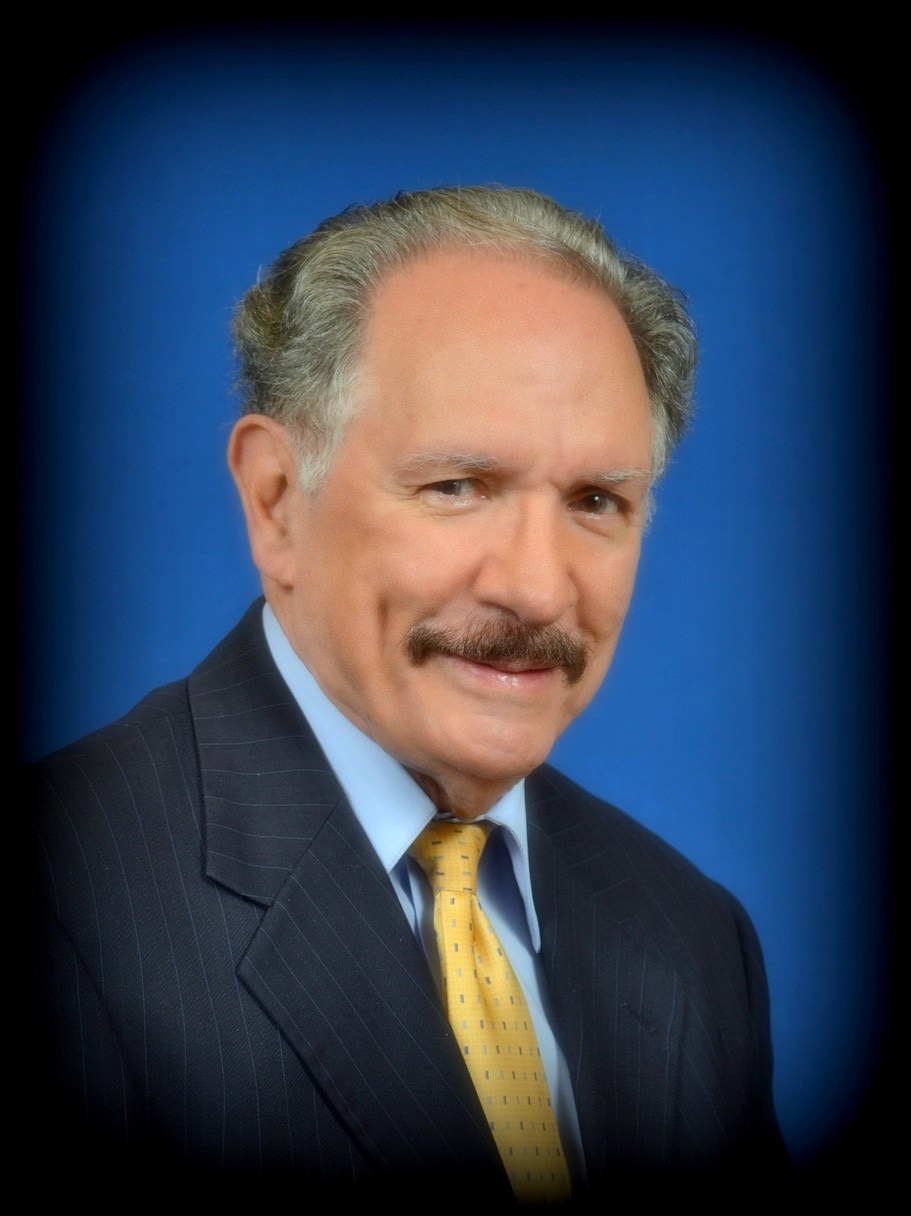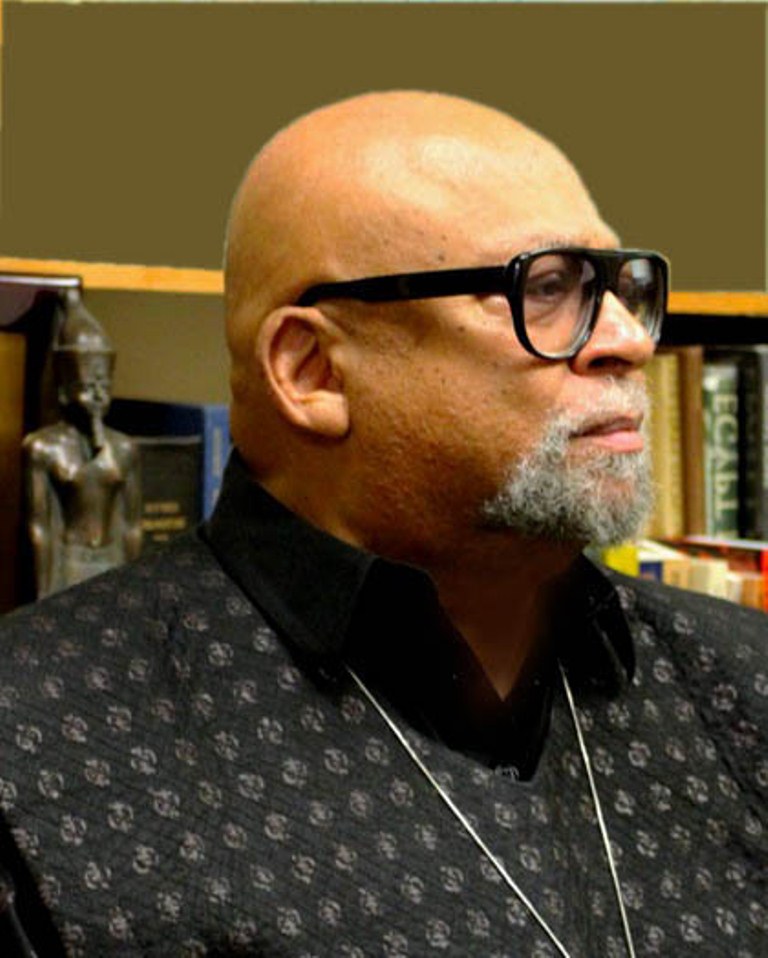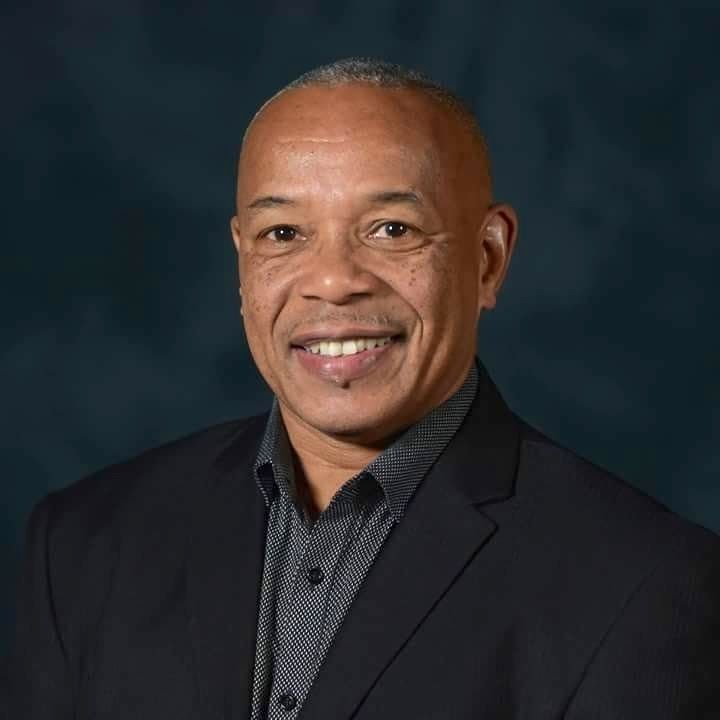
Notable Deaths of 2020
This year, we said goodbye to amazing men and women, who left lasting legacies with their work, talents and life.

This year, we said goodbye to amazing men and women, who left lasting legacies with their work, talents and life.

It is with great sadness that I heard the news of the passing of Mr. Larry Aubry. Mr. Aubry and I have met on several occasions throughout my law enforcement career. Since becoming LAPD’s Chief-nearly two years ago-Larry attended several community meetings and he would challenge many decisions and policies of the LAPD.

On May 16, 2020, Larry Aubry passed away, and left a legacy that few can equal, but to which many should aspire. He was born in New Orleans, Louisiana in the time of southern segregation and came to Los Angeles at an early age, attending Jefferson High School.

It is the sacred wisdom of our ancestors that a great person lies down in death like a hill, still having height and always pointing the way upward, constantly calling us to the upward paths of our best ideas, values and practices as persons and a people. And so it is with our beloved and honored brother, Larry Aubry, an all-seasons soldier and uncompromising servant of his people, who made transition and ascension, Saturday, May 16, 2020 (6260), and now sits in the sacred circle of the ancestors, among the doers of good, the righteous and the rightfully rewarded.

Larry Aubry was a consummate journalist and a dedicated activist. His columns were perfect storms of passion and facts. He had an ability to seamlessly merge institutional knowledge with current affairs. When he put pen to paper, it was to expose injustice and systemic racism. Larry took no hostages.

LA Sentinel veteran columnist, Larry Aubry has passed. No one can deny that Larry was an uncompromising, relentless, no-holds-barred warrior for social justice. For decades, he fought to improve conditions for African Americans in Los Angeles, but other minorities – such as Latinos and Koreans – also benefitted from his strident advocacy for equal rights.

You never wanted to get on Larry’s bad list. It didn’t matter whether you were Black, White, an elected official, or dirty police officer, he’d call you out in hot minute. But Larry would never call you out without speaking to you first.

After enjoying writing this column thirty-three (33) years for the Sentinel, this will be my final submission of over 1,700 columns. Stepping away from this gratifying and engaging weekly task and challenge is not easy. But I know that everything, even good things, eventually run their course and a new course begins. And recent health issues, as well as the long record of daily activism I have achieved, tell me it’s time. Some might wonder why I’m stopping now, but others might wonder how and why I kept on going so long?

Black people consider themselves American, not because national status was conferred upon them gratuitously, but because they were here in the beginning

Those who feel America is a post-racial society tend to be either die-hard conservatives or so naïve, they might believe there are snow-capped mountains in Florida. But by any measure, public education, the criminal injustice system, poverty, etc., White privilege and its cohort racism, remain the prime barriers to Blacks receiving actual justice and equality.

For Black unionists, labor reforms, like those in education, law enforcement and politics, are more rhetoric than reality.

Despite added focus on Black males in recent years, fundamentally, their plight is unchanged and they remain largely a rhetorical priority. Seemingly endless research and publicly proclaimed concern, few, if any, sustainable programs specifically intended and/or designed to benefit Black males exist.

Reparations for the descendants of African slaves has been talked about ad infinitum, yet there has been virtually no legislative action taken to make this happen. (Congressman John Conyers could not even to get a reparations bill out of committee for more than twenty years—to simply do a study on reparations.) Today’s column summarizes a “major” conference at Harvard University about slavery, universities and reparations. A New York Times article by Jennifer Schussler, Confronting Academia’s Ties to Slavery, recaps the conference.

Randolph’s grounding in his own culture enabled him to successfully collaborate with others, including Whites, other labor unions, government officials and politicians. Racial and cultural grounding are prerequisites for effectively working with others and must become part of conversations and strategies to reverse Blacks’ current self-denigrating mindsets and ineffective leadership. That said, the following are highlights in A. Philip Randolph’s quest to improve the quality of life for Blacks and other oppressed people.

For years, research has shown that violence is learned behavior. A decade ago, the Howard University Violence Prevention Project (HUVPP) found that children’s exposure to community violence can predict their social and emotional behavior, both in school and at home. In other words, the more elementary school children are exposed to community violence, the more likely they will have adjustment problems. Unfortunately, while this probably not a revelation to most people, the HUVPP findings are just as valid today, chiefly because the underlying causes for violence have not changed.